Controversial Apartment Law in Abkhazia: A Chorus of Opposition Voices
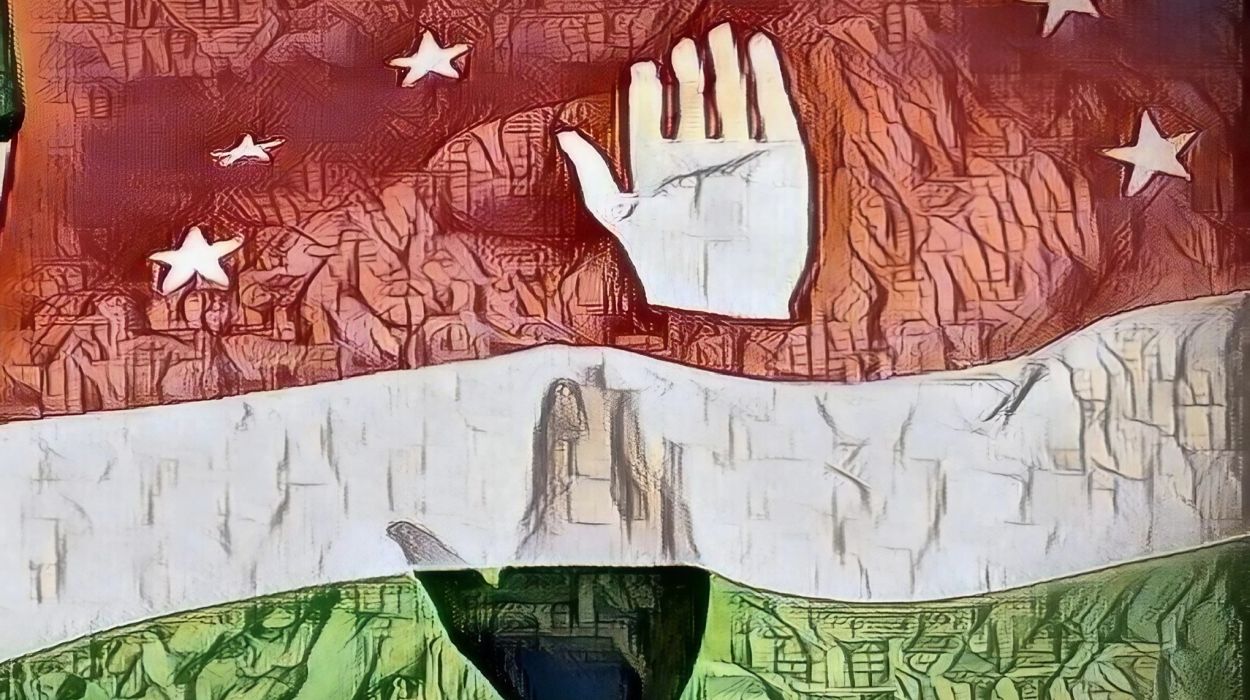
Opposition leaders voicing concerns over the potential impact of the proposed law on Abkhazian society and economy.
SUKHUM / AQW'A — In the Abkhazian Parliament, a significant gathering occurred that saw the confluence of deputies, political party representatives, and members of public organizations, all keen to share their perspectives on the contentious law regarding the legal status of aparthotels and apartments.
This proposed piece of legislation, introduced to the legislative assembly by President Aslan Bzhania, has sparked substantial debate and opposition. Most notably, a significant majority of community opinion leaders have expressed their strong disapproval of this proposed law's enactment.
From veterans' organizations to political parties, an increasing number of influential figures argue that the law is not adequately thought-out and could significantly harm local businesses and overburden existing infrastructure. They fear the legislation caters to a narrow interest group, while neglecting broader societal and economic repercussions. The following excerpts showcase their perspectives on the proposed law and the potential impacts it may have on Abkhazian society and economy.
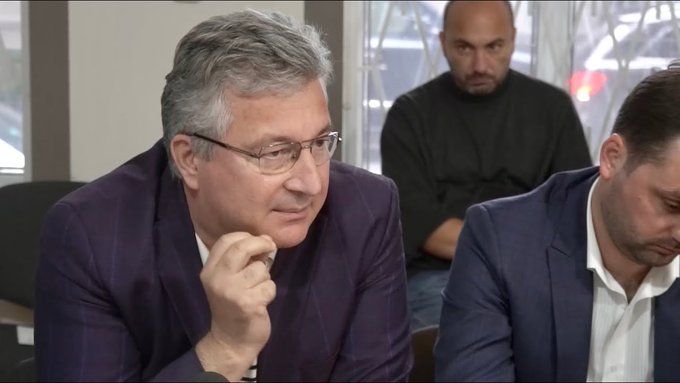
Levan Mika, the Chair of Abkhazia's Sovereignty Protection Committee, has raised concerns over the dangers linked with the sale of apartments to, and settlement of, foreigners in the country. Mika reminded listeners of a time in history when the native Abkhaz population was outpaced and threatened by assimilation.
"As a result of the expansive strategies implemented by Stalin and Beria, Abkhazia's capital was predominantly Georgian," Mika said. "The Abkhaz represented a mere 15% of the populace. Only in select enclaves could they converse in Abkhazian. The city, including prime areas and the entire coast, not just the city of Sukhum, was heavily Georgian. This included the cities of Gagra and Ochamchira, which were wholly dominated."
Mika warned against the denial of assimilation, explaining that it occurred from both sides, which could have led to the erasure of the Abkhaz people due to the loss of their language and identity.
+ Parliamentary Committee Discusses Draft Bill on Aparthotels & Apartments
+ Debates Emerge in Abkhazian Parliament over President Aslan Bzhania's Apartment Bill
Mika also revealed that local entrepreneurs in Abkhazia have built more than 800 accommodation facilities, offering 39,000 slots. Under the proposed apartment law, there are plans to create 482 additional facilities, providing 62,000 more places. He noted that recent years have seen the rise of a class of property owners, who serve as the societal backbone with all the levers of power in the hands of local business. However, he cautioned that the proposed apartment law might transfer these powers to foreign investors.
He called on legislators to heed public sentiment and re-evaluate the law to prevent any adverse impacts on the local population.
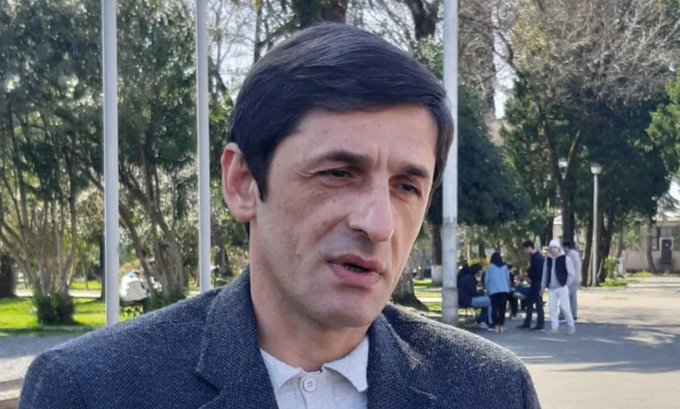
Temur Gulia, leader of the veteran organisation "Aruaa", staunchly argues that the proposed bill is not fit for review, citing a lack of financial and economic justification, and the absence of endorsements from the Ministries of Taxes and Duties, Economy, Finance, Tourism, and Ecology.
He contends that the explanatory notes attached to the bill are not expert evaluations and bear no legal ramifications. Gulia posits that the construction of apartments, seen as foreign investment, could drastically curtail local businesses.
"Before diving into a discussion about apartments, it's imperative to conduct a comprehensive inventory and create an exhaustive and clear land register," he asserts, noting that without such a foundation and concrete development plans, imminent legal issues are inevitable. He further critiques the bill's underestimation of the potential strain on existing infrastructure, pointing out that an increase in tourist influx of one and a half million per year, as predicted by the bill, could overburden medical institutions, law enforcement agencies, emergency services, and educational institutions. He highlights the challenges related to waste management, treatment facilities, and environmental protection. Gulia calls for the bill to be returned to the developer for further refinement.
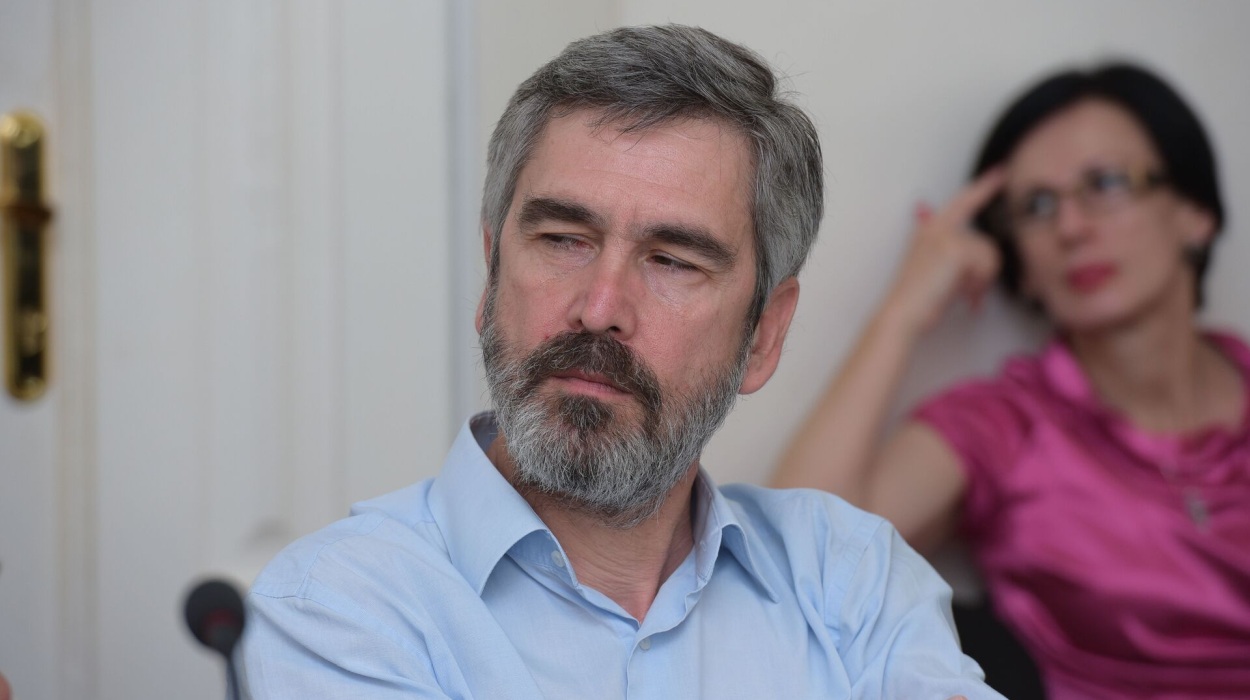
Akhra Bzhania, co-founder of the public movement "Akhyatsa", echoes the sentiment that the advent of apart-hotels and apartments could primarily attract tourists of lesser means, who often prefer self-service to standard hotel amenities. He argues for a focus on attracting affluent tourists rather than simply increasing the quantity of visitors.
He also expresses concern about the potential impact on local businesses, warning of fierce competition if the market is flooded with an additional 20 or 30 thousand apartments, given that existing hotels in Abkhazia are already operating at about 70% capacity.
+ 'Aruaa' Opposes the Apartment Law, Citing Risk to National Identity
+ Public Council Formed to Oppose Legislation on Apartment Sales to Foreigners in Abkhazia
Bzhania explains, "Apartments or apart-hotels, as you might call them, are slated to be built in the most desirable coastal areas, exactly where our local businesses could erect 3-4-5 star hotels." He highlights the risk of displacing local business from these potentially lucrative locations and criticizes the bill for paving the way for external businesses, many of which could directly compete with local entrepreneurs who have been building their businesses for years.
He further warns of the possible displacement of local entrepreneurs who have spent years building their businesses. Bzhania fiercely opposes the discussion of what he calls a "suicidal project" and views any proposed amendments as mere smokescreens, masking the real essence of the law.
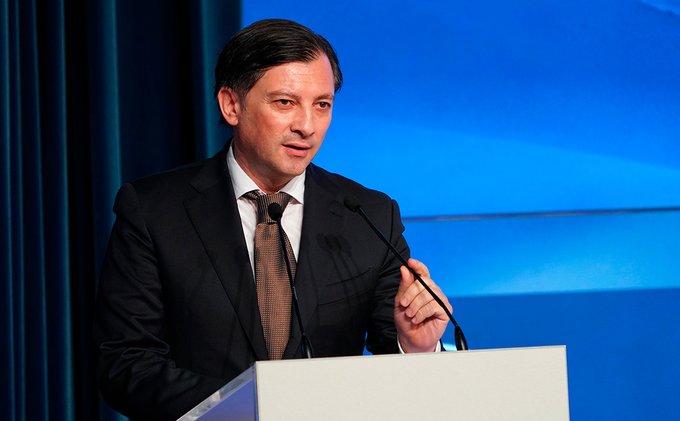
Vitaliy Gabniya, the chairman of the "Apsny" political party, has added his voice to those opposing the passage of the apartment law.
Advocates for the law speak of the benefits it will bring to Abkhazia, but their claims lack specificity and calculation. No one is addressing where to find the additional capacity and infrastructure needed. Existing multi-family homes are unable to connect to public services. People living in these apartments would need to enrol their children in schools and have access to healthcare and education. Gabniya argues that the law is not thought through and is being lobbied for by a narrow circle of individuals.
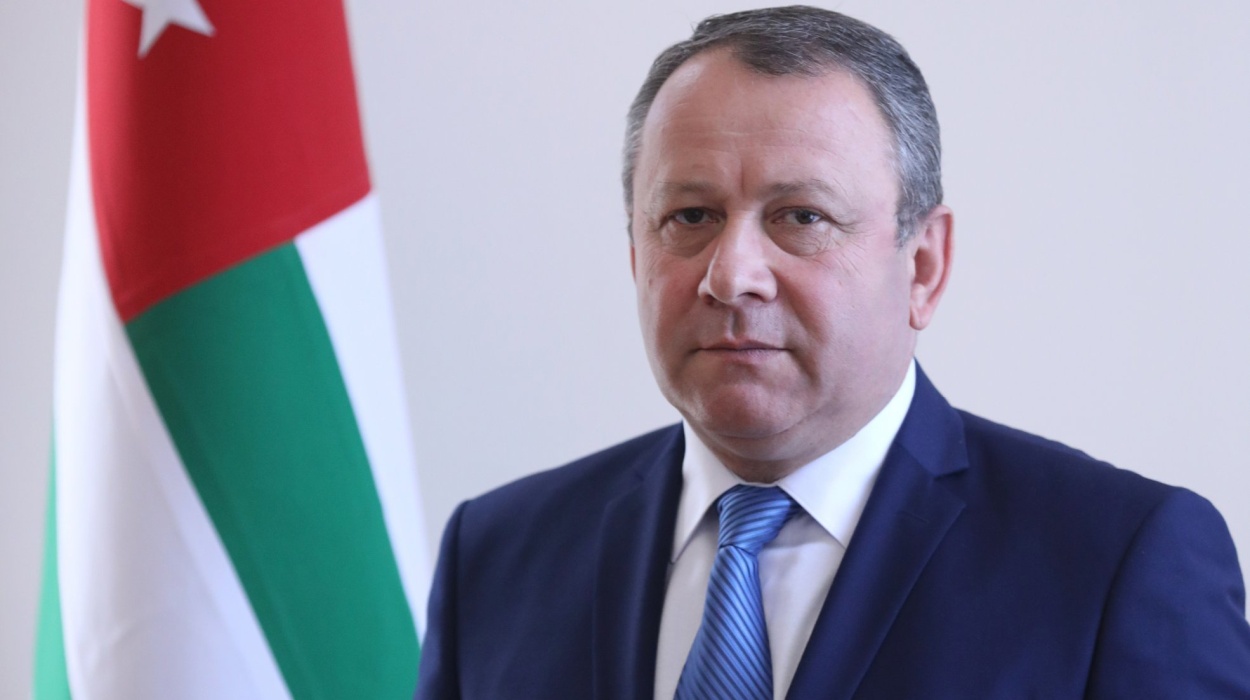
Aslan Bartsits, the leader of the Forum for National Unity of Abkhazia, voiced his opinion that the parliament should not consider the apartment law as it does not align with national interests.
Specialist conclusions from energy experts, ecologists, economists are crucial, and an economic effect analysis is needed. He warned of the risk of chaos due to attempts to grant officials the authority to issue apartment construction permits. The bill lacks anti-corruption expertise and an audit conclusion from the Audit Chamber. There are no answers to questions such as where to find additional capacities to supply the proposed apartments with electricity, water, waste treatment, and how to manage the inevitable increase in waste volume?
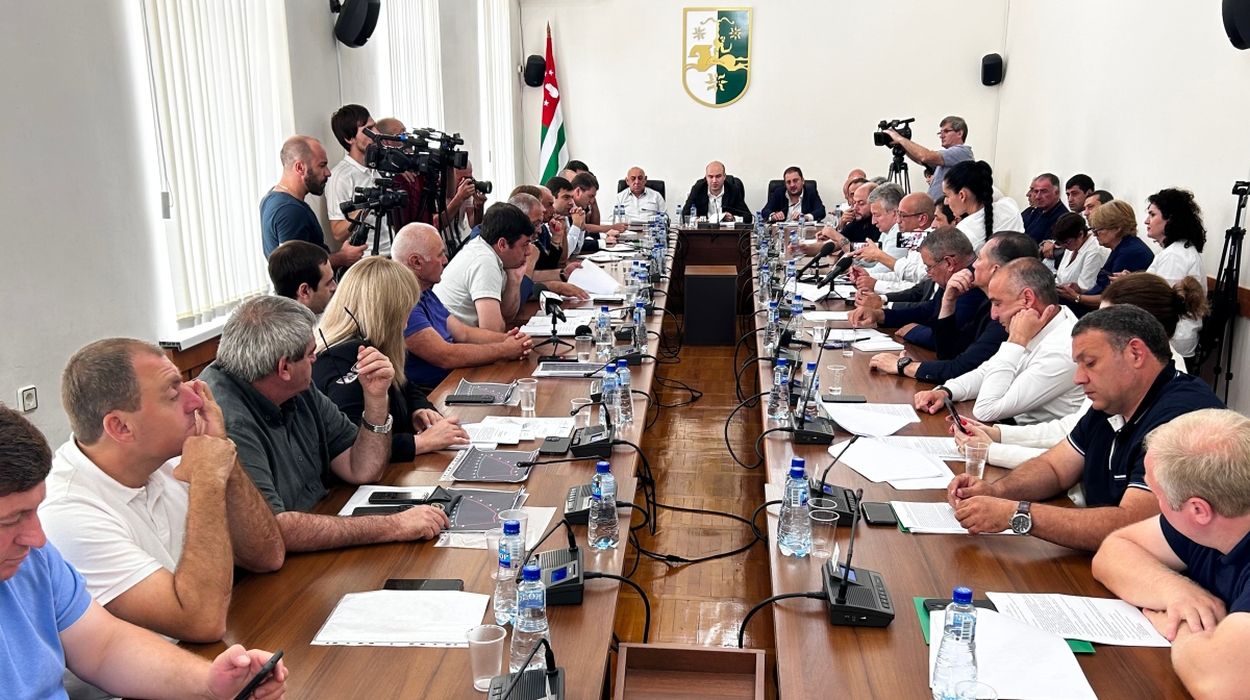
Vianor Arshba, Chairman of the "Aiaaira" public veterans' organisation, is unequivocally against the adoption of the apartment law in any format. In his view, no amendments would alter its "anti-people essence."
In a similar vein, Lasha Zukhba, a representative of the Council of Veterans and Youth, spoke out. The organization is so convinced of the "anti-state and anti-people character of the apartment law" that they initiated the creation of a headquarters to oppose its adoption. Zukhba dismissed any references to amendments as a deception of the citizens and stated that the parliament should not even consider this law.